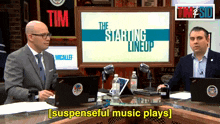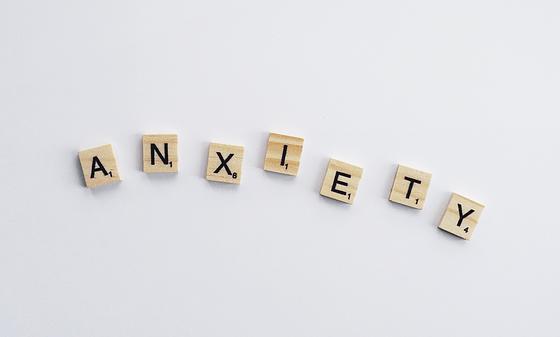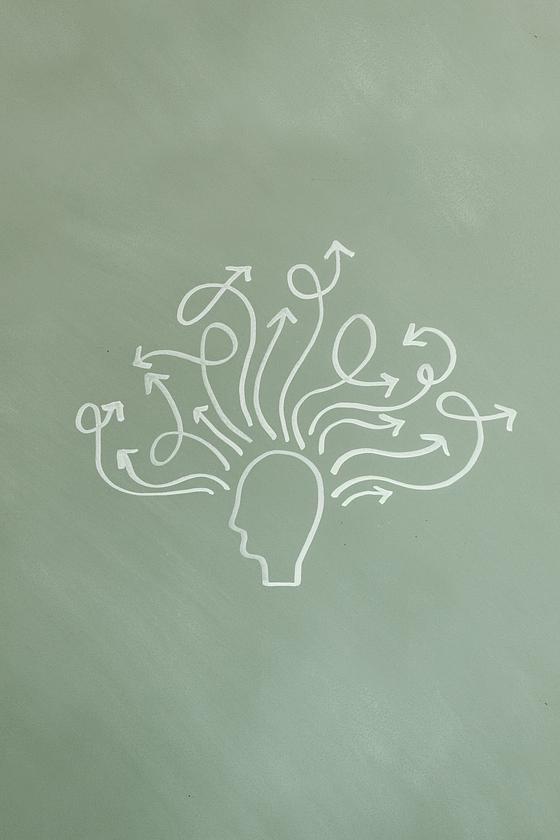Society pressures people to play a cruel game. “Pick your side,” they say, "and stick with it. You will be successful." Society thrives on the fear of failure to keep people in line, and people who do not fit a singular image are often made to feel inadequate. Why?
Society defines success as a small, almost impossible-to-reach place. Teens are told by teachers, parents, and coaches that they have to focus on one thing from an early age to reach desired expertise and professional success. If people attempt to expand, they are told that they will be mediocre, maybe even a failure.
And the greatest fear of most 21st-century teenagers is failure. But of what? Of untold expectations.
Let us slide into your dms 🥰
Get notified of top trending articles like this one every week! (we won't spam you)Toxic Perfectionism
Image Credit: Suzy Hazelwood from Pexels
Toxic Perfectionism. A term popularized in the early 2000s. Teens have an irrational fear of falling behind in an ever-changing world that no one seems to understand.
Therefore, we can’t simply be good. We need to be better. Better than our friends, because if they succeed, we fail.
Your best friend who promised to hold your hand the first day of kindergarten is now spreading lies about you and using your shortcomings to succeed. The justification? Better you than me.
School is one big competition. It narrows the competition until only the “gifted” kids exceed. But the prize? More pressure until we break.
Society conditions us to have OCD, anxiety, and ADHD, because without it, teens would be human, normal, and worst of all, happy. The structures in place for our education seem designed to make us miserable, turning us into highly productive machines. Adults tell us that after elementary school, we will be happy.
After the stress of middle school, I was told I would be happy because I made it to high school with good grades. And in high school, I continue to be told that if I do everything right, I’ll be happy in college. Or maybe after?
We are given a finish line after the finish line. Told to sprint. I begin to wonder if there are even finish lines.
This cycle is killing teens’ humanity. Teens are given worthless papers called certificates and told to be proud of them. But how can I be proud when the girl beside me earns one point higher on the ACT, once again proving that I am not good enough?
This sets my head spinning, thinking that I need to work harder, take fewer breaks, and be less human. I feel the fear creep up my spine as I worry that, in the end, being average is failing. How can I ever reach the finish line when it doesn’t exist?
How can I win if, in the end, we all lose? Teens are given all of these so-called standards that are measurable, but the truth is that the standard does not exist.
Take the Quiz: Which Indian city is the perfect holiday spot for you!?
Let's match you with an Indian city that you would love!
The Unreachable
Image Credit: Tara Winstead from Pexels
I constantly try my best. I try to exceed, to be better, to be superior. I fight my tears, because the “perfect kids” don’t cry.
So I sit, isolated, and miserable. I constantly tell myself that it will all work out in the end. But will it?
Or am I just lying to myself once again? What do I even want in life? Success?
Happiness? Riches? I sit at fifteen years old trying to prioritize, because even I know that I cannot have it all.
I understand that perfection is impossible. I truly do. But the problem is that adults don’t comprehend that.
They tell you they are doing what is best for you. But how is constant pressure beneficial? I feel as though I want to be happy, but no one else does.
So, to feel a sense of false pride, I make myself miserable. I stay up until ungodly hours to study, I give up my social life, and in the end I break down. I’m killing myself, and everyone around me is supporting it. Encouraging it.
School is a drug. You get a taste of success and you are hooked. But you don’t understand that when you start, right?
It begins with the classic “try your best, kiddo,” and all of a sudden your best isn’t good enough. If you constantly get told something, you believe it. Your best isn’t good enough anymore and, believe me, society lets you know.
Exceptional but miserable, the “gifted” kids. Because, in the end, do the accelerated classes, summer schools, and innumerable clubs make me more desirable? In the eyes of society, yes.
Lifestyle
Image Credit: Elīna Arāja from Pexels
I have a dream to become a doctor, a surgeon. I dream of being successful, of being desirable. I continue to make myself miserable because of a dream.
But when does a dream cross into a nightmare? Where is the line between working hard and useless perfectionism? Is there a line?
Because if there is, it is blurred. Blurred to me, blurred to my classmates, blurred to society. Society wants me to hate myself, to feel useless. Because if I have confidence, I have the illusion that I'm worth something, and when someone feels important, they are uncontrollable.
I stay up nights worrying. I get nauseous from anticipating the next day. I want to be happy, but to do so, I need to fail in the eyes of society.
And I refuse to fail, to not be the best. To trade in my perfect scores, top percentages, and academic validation for happiness. Because I struggle to determine the differences between failure and realistic expectations.
I wonder if it is because adults always pushed me to succeed? Or maybe that's just how I am? I'm not sure.
What I do know is that I am unhappy. Unhappy but advanced. Unhappy but smart. Unhappy but successful.
I’m unhappy, but I can’t change. I fear disappointment and failure. Those ideals keep me in line.
Just the way society wants. A pawn in the bigger game. Just a player, not a game master.
Because I cannot have control. Control is dangerous, and society fears it. Control is disobedience, and society fears that, too.
God forbid we should be happy. Be in control.




















